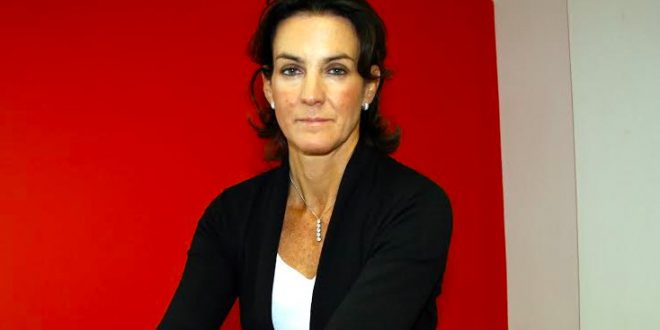GambleAware CEO defends charity amid conflict of interest allegations

The charity’s reliance on voluntary industry funding has been questioned.
UK.- GambleAware chief executive Zoë Osmond has defended the charity after the Charity Commission began an investigation into a complaint about its ties with the gambling industry. The Good Law Project claimed that GambleAware’s performance had been hindered by its reliance on industry funding.
The complaint argues that GambleAware trustees have failed to meet the charity’s objectives regarding gambling harm education. Filed in March, it reads: “The Charity Commission must take action and investigate whether GambleAware is breaking charity law by failing in their duties to provide unbiased information – accepting the false narrative that gambling is a problem for individuals instead of a problem with the industry. And we’re preparing to take legal action if they refuse.”
Osmond said: “Our robust governance and commissioning practices ensure that the industry has no influence over our operations. GambleAware’s independence has been widely recognised by a range of stakeholders including the Government, as evidenced in the Gambling White Paper.
“The complaint lodged to the Charity Commission by the Good Law Project is based on misleading and outdated information. While we are confident that this complaint will not be upheld, we are deeply concerned that inaccurate headlines and misleading newspaper articles may have a damaging impact on our services and the people that rely on them.”
Osmond also raised concerns that the complaint could dissuade people from using GambleAware’s services.
She wrote: “The deeply stigmatised nature of gambling harms often makes it difficult for individuals to reach out for help. Maintaining the credibility and reputation of essential support services is crucial to reaching people before their gambling issues become catastrophic. Undermining these services, and the dedicated workers and experts who operate them, risks not only those directly relying on them but also the many indirectly affected by a loved one’s gambling problems.”
Osmond noted that National Gambling Support Network statistics show nine out of 10 vulnerable players who complete treatment see an improvement and that 69 per cent of people who don’t see an improvement did not complete their treatment.
The Good Law Project is led by public policy expert Will Prochaska, former strategic director of Gambling with Lives (GWL).
History of concerns over industry-backed gambling charities
It’s not the first time that a gambling-industry-backed charity has been the subject of a complaint to the Charities Commission. Back in 2021, the commission ruled that there was no conflict of interest after an investigation into the Young Gamers and Gamblers Education Trust (YGAM). The regulator had opened a compliance case following a complaint about YGAM’s links to the Betting and Gaming Council (BGC).











